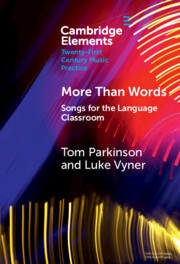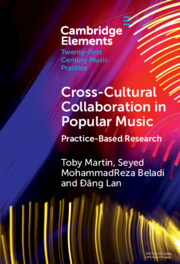Music streaming platforms are complex socio-technical infrastructures that co-construct cultural production, distribution, and reception. Different contributions have highlighted that artists, producers, and operators may implement optimisation processes, based on their algorithmic imaginaries, to align their music to the modes of listening and categorisation imposed by algorithmic media. Drawing on thirty-nine semi-structured interviews with producers, songwriters, recording industry professionals, and listeners who are heavy users of streaming platforms, this paper reconstructs the social life of a platform-optimised song. Bridging perspectives from science and technology studies and media studies, we investigate the network of relations between human and non-human actors that contribute to the circulation of a platform-optimised song during a four-phase life cycle: creation, industry mediation, platform mediation, and reception. The findings highlight multiple forms of power asymmetries at each stage, recursive dynamics, the erosion of artistic autonomy, and the collaboration of humans and non-human agents to transform music tracks into datafied products.


